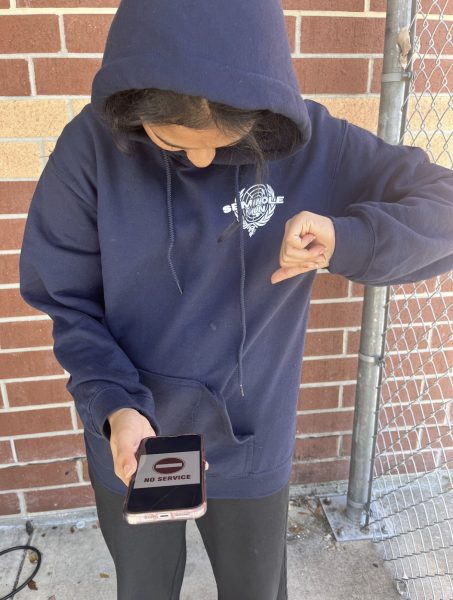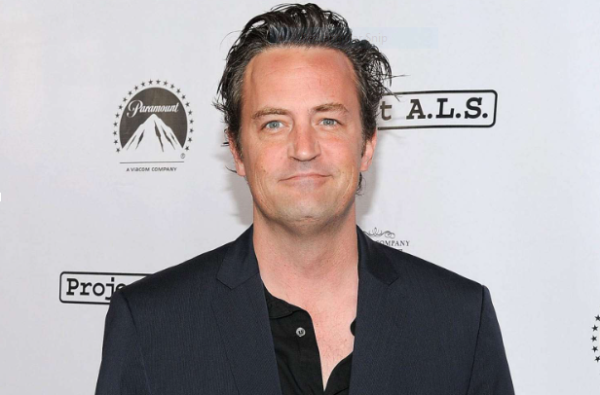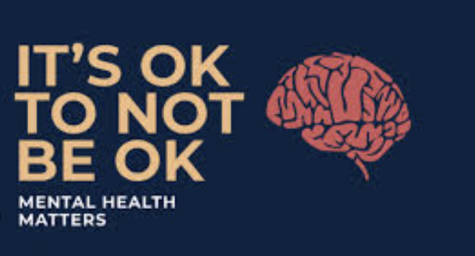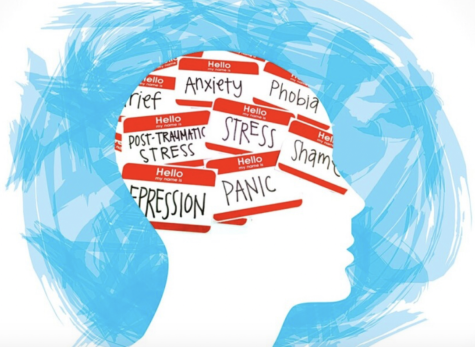TikTok Banned?
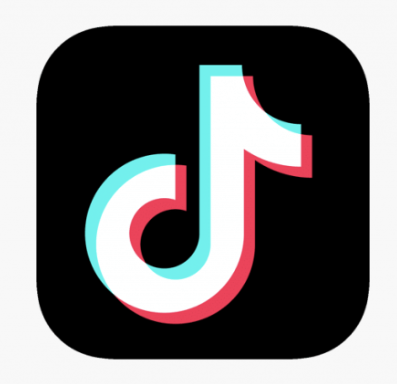
TikTok is being considered as a privacy threat, and may be at risk of being banned.
February 1, 2023
Americans may not sit well knowing that congress has been recently looking to ban TikTok, a social media app with a growing platform of users of all ages. With 80 million users across the nation, Americans’ response to possible banning could cause major civil distraught. TikTok is more than just entertainment for many Americans, becoming a platform in which many influencers have launched their careers.
So why does the government want to ban TikTok? TikTok is owned by a Chinese company, ByteDance. The government is concerned with the possible connections between ByteDance and the Chinese Communist Party (CCP). The fear is that the CCP could obtain information from TikTok to spy on Americans.
Despite this concern, according to an article by The Washington Post, the U.S has not done much to actually restrict access of any sort from Americans. Congress may be hesitant to take direct action on the issue with the fear of public backlash. Due to the government’s lack of action, this leaves Americans to assume the actual threat of China spying on Americans through TikTok is not high. Yet our world is constantly changing, meaning suddenly we might wake up one day with Tik Tok gone.
SHS sophomore Alivia Lakie says: “I use TikTok everyday for so many reasons. I use it sometimes when I am bored or tired, trying to distract myself, and to teach me new ways to cook, do makeup, and other things.”
TikTok’s appeal is its multi purpose function. The social media app features numerous different types of entertainment, making it difficult to pry from the hands of Americans. Many like Lakie use TikTok for creative inspiration such as cooking and makeup.
Lakie even included that “ it helps [my mom] to cook so many different things,” adding that it helps that “their videos are not like 20 minutes [long] so you have good attention to it.”
TikTok’s platform on many short videos is speculated to contribute to the app’s addictive nature. Lakie feels that there would be controversy if TikTok were to be banned in the U.S: “I know for my grandma and mom, they would not be happy about it. But I know some other Americans think it should be taken away.”
“U.S citizens will not like TikTok being banned because literally everyone uses it,” says SHS sophomore Dynasty Sutton.
Sutton believes “there is a chance they will actually ban TikTok because there is a lot of information that can be taken from it that people do not realize.”
In today’s digital world, it has become a part of our culture to share our lives on the internet. TikTok is just another platform that popularizes sharing private information.
An article published by CNBC claimed that TikTok tracks your personal information more than any other social media app. Sutton shared “a smart solution would be for the U.S to make their own form of TikTok.”
“I don’t have worries of China spying on Americans because that is what our government does on the daily,” says SHS sophomore Genesis Hatcher.
Some Americans do not see concern with regards to the privacy of their information. Like Hatcher, they assume their information, in whoever’s hands it’s in, does not affect them now, and will not affect them in the future. Hatcher finds herself using TikTok everyday, and even admits that scrolling has become a negative habit of hers. She believes that if the U.S bans TikTok there “would honestly probably be a few protests.” Taking away what is seemingly a simply entertaining app that Americans love will inevitably cause harmful backlash and public disapproval.
As of now, many colleges have already taken the initiative to block access to TikTok on their campus. They have blocked access to the social media app through their public servers and Wifi. Participating colleges include, but are not limited to, Northeastern University, University of Texas at Austin, Oklahoma State University, South Dakota University, Auburn University, West Texas A&M University, University of Houston, and Lamar University.
The U.S government is yet to take action on the case. Though if suddenly taking place, what will Americans do? Will there be protests? Or a peaceful transition to an American made social media? And does the government even have enough concern for American privacy enough to shut a social media app down? We will have to wait and see.


























